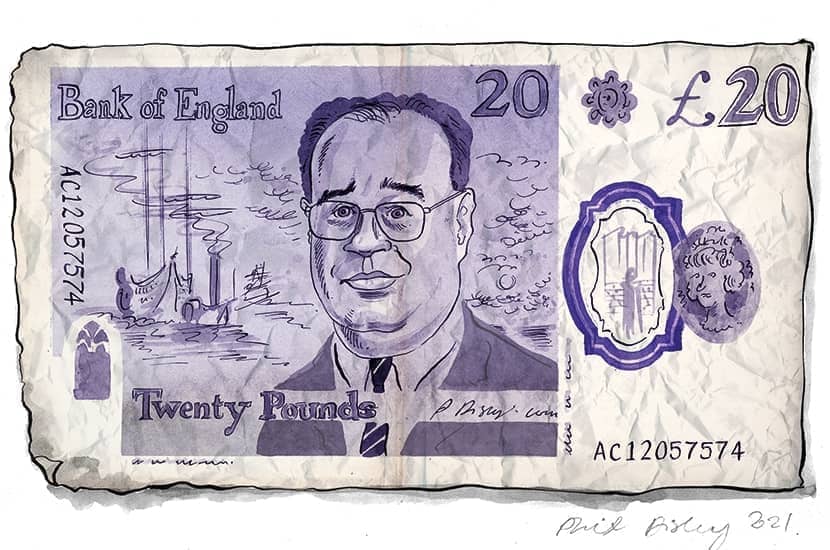If Bank of England Governor Andrew Bailey was expecting to bat away some gentle questions on monetary policy before the Commons this morning, he hadn’t reckoned on Labour MP Angela Eagle. She was quietly frothing with rage at Bailey’s recent suggestion that workers need to exercise restraint when asking for a pay rise in order to tackle inflation.
Eagle began like the late Bamber Gascoigne with a series of quick-fire questions on the median salary of UK workers and care workers. Alas, salaries turned out not to be Bailey’s specialist subject — not even when Eagle asked him about his own. ‘It’s somewhere over £500,000,’ Bailey stumbled, before adding ‘I don’t carry that around in my head’. In fact, his base salary for 2020/21 was £476,596, on top of which he received £1,989 in taxable benefits, £95,319 payments in lieu of pension contributions, and £1,634 of ‘other’ remuneration, bringing the total to £575,538 — 18 times the median UK worker’s earnings.
Salaries turned out not to be Bailey’s specialist subject — not even when Eagle asked him about his own
Eagle’s quite reasonable point was that earnings in real terms have been pretty static for the past 14 years — so when will workers be allowed a pay rise without being accused of adding to inflation? Bailey’s less-than-satisfactory reply was that the poor would suffer most from inflation.
Eagle then asked him about bankers’ bonuses and executive pay: should they, too, be exercising restraint? Bailey switched tack and said it wasn’t the job of the Bank of England to tell anyone they can’t have a pay rise. True, he never quite said no one could have an increase, but he struck a very different tone with executive pay compared to the pay of ordinary mortals. He did at least promise Eagle that he would take the trouble to visit a care home and talk to the staff.
A more combative Governor might have pointed out that his predecessor, Mark Carney, was paid rather a lot more: a total of £882,885 in 2019/20. He also received £443,965 in 2020/21 even though he left the job on 15 March 2020, before the financial year actually began.
But perhaps it wouldn’t have been a good idea to dredge this up given David Cameron’s notorious statement in 2010 that public sector workers would need a very good reason to justify a higher pay package than the Prime Minister (current salary £157,000). Bailey has hardly shone in his job — at least not the part which involves controlling inflation.
He was also grilled as to why the Bank has dropped the word ‘transitory’ from its inflation forecasts — a word which was used of inflationary pressures throughout last year as a reason to keep interest rates flat. Now inflation has exceeded the Bank’s forecasts, the word has been dropped. Why? Because he felt it had been ‘over-abused’.
It would be ill-advised for the Governor to ask for a pay rise in the near future.







Comments